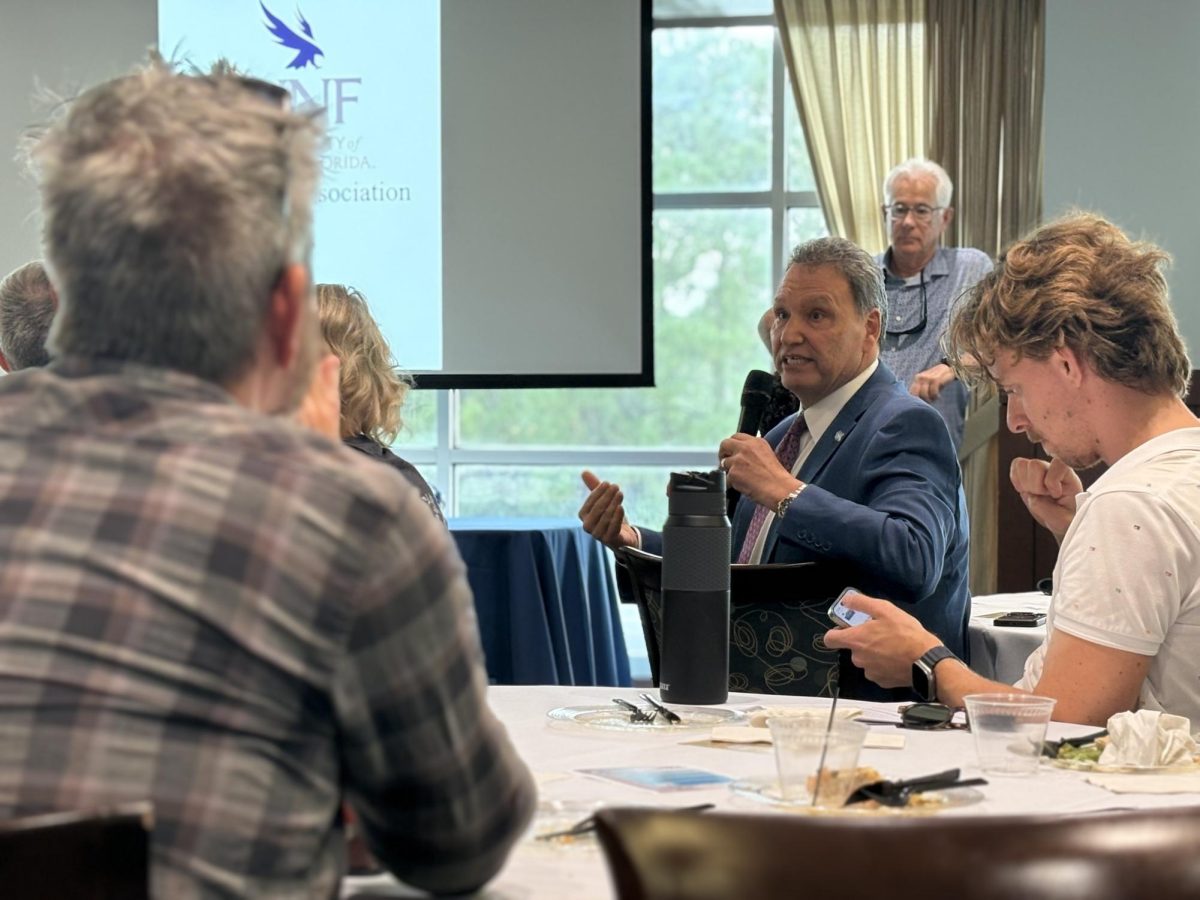It’s no exaggeration to say that COVID-19 has affected us all. However, the pandemic has brought some unique problems to the disabled community in particular.
In the US, roughly 19% of people fall under the category of diasabled, 2-4% of which are significantly impaired. Among this population, around 20-40% of people do not get adequate assistance for their everyday needs, according to the World Health Organization in a report done in 2011. Because of COVID, many believe that this has only worsened, although a lack of adequate research on the subject has led to uncertainty.
While the CDC has stated that disability alone doesn’t lead to a higher risk of getting the virus, a percentage of disabled people do have a compromised immune system, which leaves them at high risk of getting infected.
Social distancing has also posed some problems for the disabled community. For a time, individuals with various forms of developmental delay such as Down syndrome and autism were not allowed to be joined by any sort of caregiver at doctors appointments or in the ER in order to lower chances of transmission in the hospital.
“This situation was extremely problematic because developmentally delayed/cognitively impaired individuals experience considerable if not extreme difficulty when stating their medical histories and/or describing their conditions,” said Dr. Chris Gabbard, a UNF English professor with an expertise in Disabilities Studies. “Imagine a nonverbal person going to the doctor but not being able to have anyone in the room with him or her to explain why they are there!”

While most hospitals have changed their guidelines to allow one person to accompany the patient, many disabled people are still not getting the proper care at home. A report done earlier this year shows in Wisconsin alone, around 21,000 long-term and residential caregivers have vacated their positions since the onset of the pandemic due to fear of transmission of the virus. Sadly, there is not much research available to offer a broader scope on this issue.
This leaves family members to take care of the disabled individual, even if they are not properly equipped for the job or do not have the time for the kind of care the individual needs. This can leave the family of a disabled individual in a tough situation.
These same problems arise for the parents of disabled children, who, because of the pandemic, are now tasked with teaching their children who might have learning disabilities or other impairments. The possibility of school going online next school year also poses problems, as online learning is not conducive to a healthy learning environment for a developmentally delayed child.
Economic relief has not yet come for disabled people and their caregivers beyond the CARES Act and the Payment Protection Program, neither of which were funds set aside specifically for care facilities.

“The DLC Nurse & Learn here in Jacksonville, a day facility for young people up to 22 years of age, has received funds through the PPP. I sit on the DLC’s Board of Directors, and the money that came to the DLC through the PPP was a godsend as far as keeping the facility’s doors open,” said Gabbard.
However, no more funds have come to the DLC Nurse & Learn, and many other facilities are feeling this same burn.
“Even in ‘normal’ times, the nonprofit agencies such as the DLC that serve the needs of the severely impaired have to scramble to make ends meet. These places are never flush with cash. And now, for many of them, the situation is dire, absolutely dire,” said Gabbard.
However, hope is not lost. There are several different ways in which the general public can help. For one, there are many organizations that are taking donations for this specific cause, such as the Disability Law Center. Gabbard also urges that people reach out to candidates running for election at all levels.
“What are their positions with regard to support for families raising children with multiple and significant impairments? What is their position with regard to state funding for the iBudget, the mechanism by which severely disabled individuals in Florida receive the care they need to survive and thrive,” said Gabbard. “Ask the politicians of both parties these questions. Now is the time!”
___
For more information or news tips, or if you see an error in this story or have any compliments or concerns, contact editor@unfspinnaker.com.











